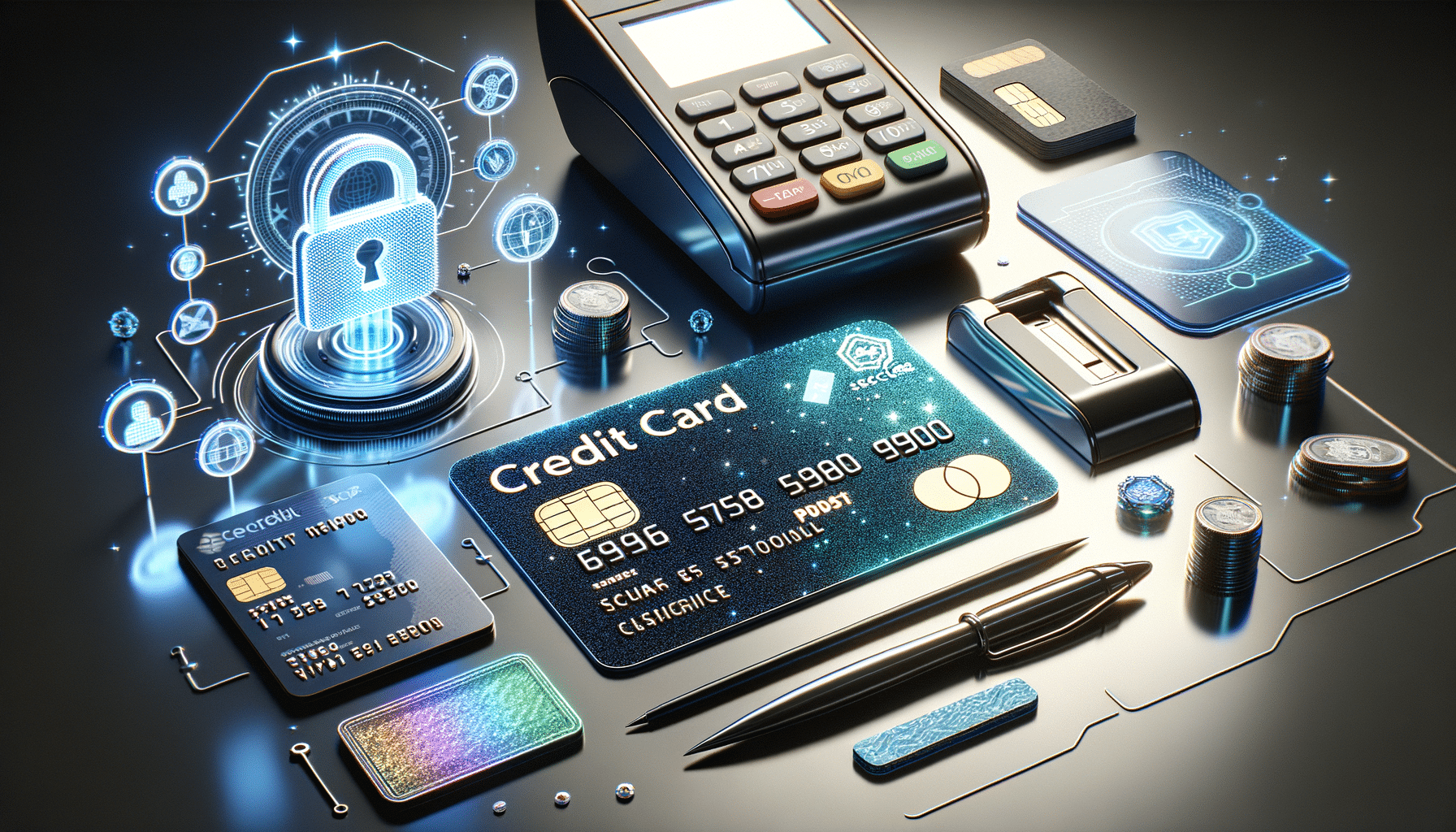
Learn More About Credit Cards
Understanding the Basics of Credit Cards
Credit cards have become an integral part of modern financial life, offering a convenient method for making purchases and managing personal finances. Understanding how credit cards work is essential for making informed financial decisions. At their core, credit cards allow users to borrow money from a bank or financial institution up to a certain limit in order to purchase goods or services. This borrowed amount is expected to be paid back, typically on a monthly basis, along with any applicable interest if the balance is not paid in full.
One of the key features of credit cards is the interest rate, often referred to as the Annual Percentage Rate (APR). This rate determines how much interest will be charged on unpaid balances. Credit card users can avoid interest charges by paying off the full balance each month. However, if only the minimum payment is made, interest will accrue on the remaining balance, potentially leading to significant debt over time.
Credit cards also come with various fees, such as annual fees, late payment fees, and foreign transaction fees. It’s crucial to review these terms before applying for a credit card to ensure that the card aligns with one’s financial habits and needs. By understanding these basics, individuals can make more educated choices and avoid common financial pitfalls.
The Benefits of Using Credit Cards
While credit cards can pose risks if not used responsibly, they also offer numerous benefits that can enhance financial management. One of the primary advantages is the convenience they provide. Credit cards eliminate the need to carry large amounts of cash and are widely accepted, making them an ideal payment method for both everyday purchases and larger transactions.
Credit cards also offer rewards programs, which can include cashback, travel points, or discounts on purchases. These programs are designed to incentivize spending and can provide significant value when used strategically. However, it’s important to choose a card with a rewards program that matches your spending habits to maximize benefits.
Another benefit is the protection credit cards offer against fraud and unauthorized transactions. Most credit card issuers provide zero liability protection, ensuring that cardholders are not held responsible for fraudulent charges. Additionally, credit cards can help build a credit history, which is essential for obtaining loans, mortgages, and favorable interest rates in the future.
- Convenience and wide acceptance
- Rewards programs
- Fraud protection
- Building credit history
Potential Drawbacks and Risks of Credit Cards
Despite their advantages, credit cards come with potential drawbacks that users must be aware of to avoid financial pitfalls. One of the most significant risks is the accumulation of debt. With high-interest rates, unpaid balances can quickly grow, leading to financial strain. It’s crucial to use credit cards responsibly by paying off balances in full whenever possible.
Credit cards can also lead to overspending, as they provide easy access to funds. This can result in purchasing items beyond one’s means, leading to financial difficulties. To mitigate this risk, it’s important to create a budget and stick to it, using credit cards as a tool for financial management rather than a means to extend spending power.
Additionally, credit cards often come with various fees, including annual fees, late payment fees, and foreign transaction fees. These fees can add up if not managed properly, reducing the overall value of the card. It’s essential to review the terms and conditions of any credit card before applying to understand the full cost of ownership.
- Risk of debt accumulation
- Potential for overspending
- Various fees
Choosing the Right Credit Card for Your Needs
With a myriad of credit card options available, selecting the right one can be a daunting task. The first step is to assess your financial habits and goals. Consider how you plan to use the card, whether for everyday purchases, travel, or building credit. This will help narrow down the options to those that offer the most relevant benefits.
Next, compare the interest rates and fees associated with each card. Look for cards with competitive APRs and minimal fees, especially if you plan to carry a balance. If you intend to pay off the balance each month, a card with a valuable rewards program might be more beneficial.
It’s also important to consider the credit limit offered by the card. A higher credit limit can provide more flexibility, but it also requires responsible management to avoid overspending. Lastly, read reviews and seek recommendations from trusted sources to ensure the card is well-regarded and meets your expectations.
- Assess financial habits and goals
- Compare interest rates and fees
- Consider credit limit
- Read reviews and seek recommendations
Tips for Responsible Credit Card Usage
Responsible credit card usage is key to reaping the benefits while avoiding financial pitfalls. Here are some tips to help manage credit cards effectively:
First, always pay more than the minimum payment each month. This reduces the amount of interest accrued and helps pay down the balance faster. Ideally, aim to pay off the full balance to avoid interest charges altogether.
Second, keep track of your spending by regularly reviewing your credit card statements. This helps identify any unauthorized transactions and ensures that you’re staying within your budget. Many credit card issuers offer tools and apps to help track spending, making it easier to manage finances.
Additionally, avoid using credit cards for cash advances, as these often come with high fees and interest rates. Instead, reserve credit card usage for purchases where you can earn rewards or take advantage of fraud protection.
Lastly, monitor your credit score regularly. A good credit score is essential for obtaining favorable loan terms and interest rates. By using credit cards responsibly, you can build a strong credit history and improve your financial standing.
- Pay more than the minimum payment
- Track spending and review statements
- Avoid cash advances
- Monitor your credit score


